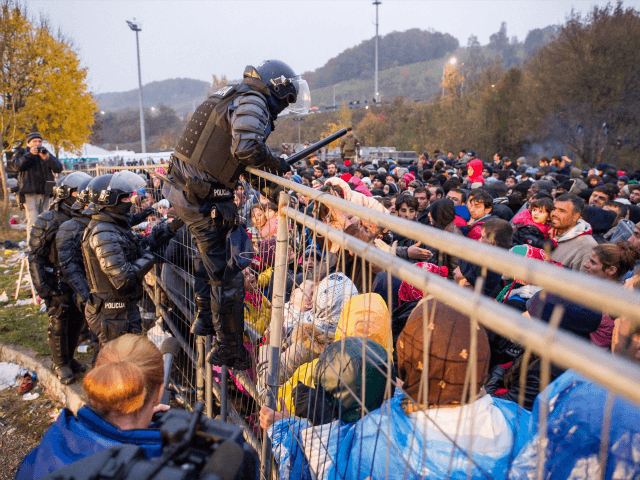Austria has “temporarily suspended” its involvement in the Schengen Area, and has deployed troops to deal with migrants attempting to pass through Germany. Making the announcement, the country’s chancellor, Werner Faymann, said that failure to secure the European Union’s (EU’s) external borders soon would bring the survival of the EU into question.
On Sunday Faymann insisted that the Union must regain control of its external borders if Austria is to resume its participation in the Schengen Area, a borderless zone which permits free movement across much of Europe without identity checks, Euractiv has reported.
“All refugees must be controlled, economic migrants must be sent to their countries of origin,” he told Austrian periodical Österreich.
Austria is now implementing a strict monitoring system for asylum seekers and will be following in Germany’s footsteps by introducing tighter border controls and deporting failed asylum seekers more readily.
“If the EU does not manage to secure the external borders, Schengen as a whole is put into question…Then each country must control its national borders,” he said, adding that if the external borders are not brought under control soon, “the whole EU [will be] in question.”
His comments come just a day after the Austrian Defence Ministry announced that it would be deploying troops to deal with migrants who plan to pass through Germany and not claim asylum there.
“What is the situation currently on the German-Austrian border? That only those who want asylum in Germany are being let through, and those who want to travel onward are sent back,” Austrian Interior Minister Johanna Mikl-Leitner told state broadcaster ORF.
“We will stop them directly on our southern border [with Slovenia] as of the end of next week,” Mikl-Leitner added.
Meanwhile, the soldiers’ presence will be “clearly visible” at the Austrian border to deter migrants trying to cross into Austria illegally.
In further signs that the Schengen Area is on the brink of collapse, Germany’s finance minister, Wolfgang Schäuble has conceded that the Area is “close” to an end, as more countries reinstate border checks.
In a bid to cling on to their dream of European integration, talk of a possible mini-Schengen has resurfaced between Germany, Austria, Belgium, Luxembourg, France and the Netherlands.
The idea was first floated in November, minus France, but appears to have been unpopular with the Germans at the time. Bert Koenders, the Dutch foreign minister, confirmed that there were “very exploratory talks,” following the Paris massacre in which 130 people lost their lives to Islamic terrorism.
However, Thomas de Maizière, Germany’s interior minister, said at the time: “Our political goal must be that the Schengen area as a whole functions. Everything else would just be supplementary considerations.”
Yet over the last few months, Austria, Denmark, France, Germany, Slovakia, and Sweden have all reintroduced checks on EU internal borders, in defiance of the Schengen agreement, bringing the whole project into question.
Last Monday, the Dutch migration minister, Klaas Dijkhof, revived the idea, telling MEPs: “We won’t push it because we like the other solution [full Schengen] much better, but we also have to be fair that if we don’t come to a solution, I don’t expect governments to say ‘plan A wasn’t available and now we do nothing’. That is also not realistic.”

COMMENTS
Please let us know if you're having issues with commenting.